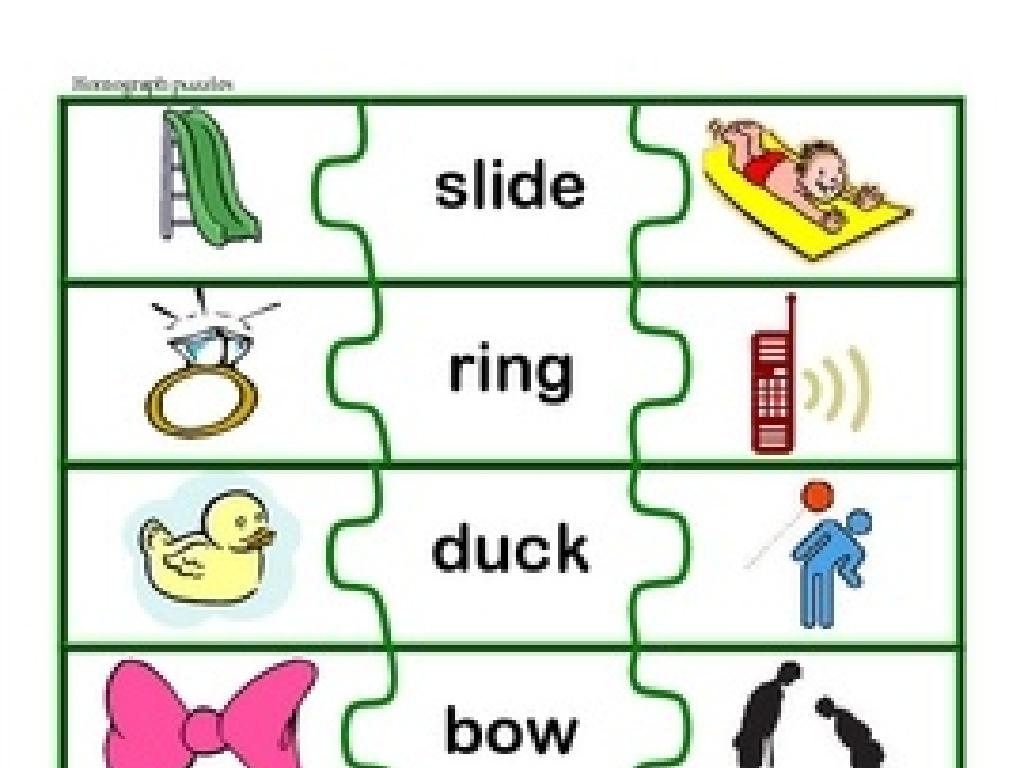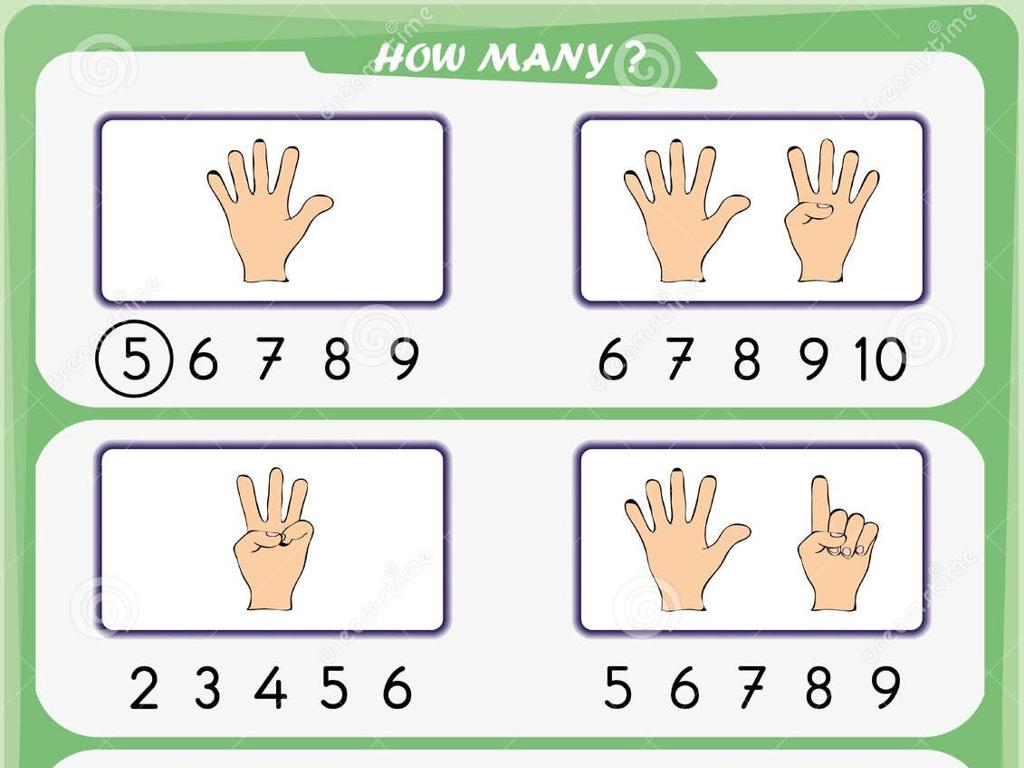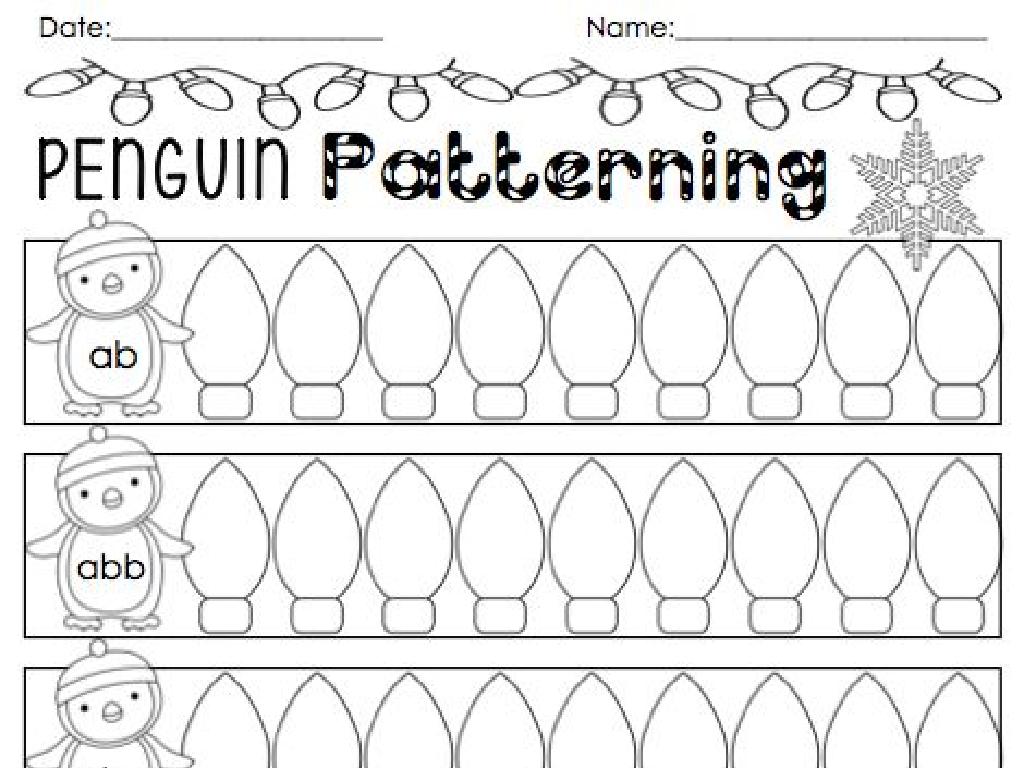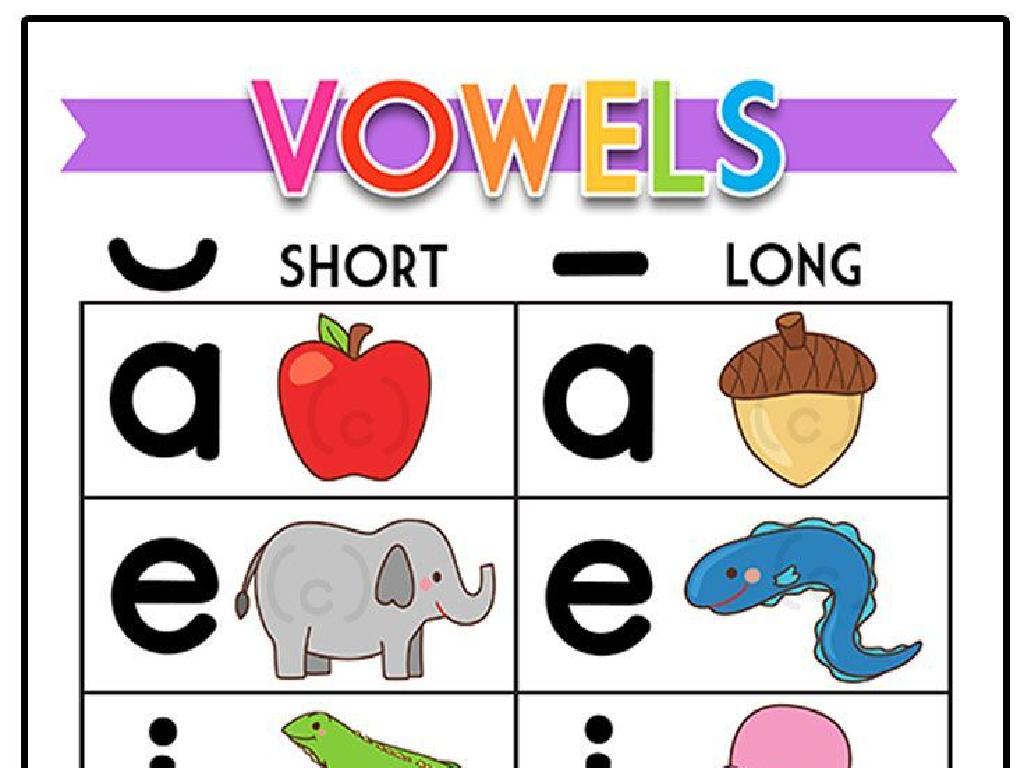Capitalizing Days, Months, And Holidays
Subject: Language arts
Grade: Third grade
Topic: Capitalization
Please LOG IN to download the presentation. Access is available to registered users only.
View More Content
Capitalizing Days, Months, and Holidays
– Capital letters are special
– Capitalization rules
– Capitalization helps us read better
– Days and months need capitals
– Like Monday, Tuesday, January, February
– Holidays are capitalized too
– For example, Thanksgiving, New Year’s Day
|
This slide introduces the concept of capitalization to third graders, emphasizing its importance in writing. Capital letters are not just bigger versions of lowercase letters; they have specific uses that help make our writing clear and easy to read. Explain that we always use capital letters for the names of days of the week, months of the year, and holidays. Provide examples for each and explain that these are proper nouns, which are the names of specific people, places, or things. Encourage students to practice by writing out the days, months, and names of holidays with capital letters. This foundational understanding will help them recognize proper nouns and use capital letters correctly in their writing.
Understanding Capital Letters
– Capital vs. lowercase letters
– ‘A’ is big, ‘a’ is small. Like ‘B’ and ‘b’.
– When to use capital letters
– We start sentences with capital letters and use them for names.
– Reading and writing correctly
– Capitals make reading clear and show important words.
– Examples: ‘A’ vs. ‘a’
– See the difference? Capitals are for special words!
|
This slide introduces the concept of capital letters to third-grade students, emphasizing their role in proper reading and writing. Capital letters, or uppercase letters, are used at the beginning of sentences and for proper nouns, which include days, months, and holidays. It’s crucial to show the visual difference between a capital letter and its lowercase counterpart. Provide clear examples on the board and in handouts. Encourage students to practice identifying when to use capital letters in their daily writing. This foundational skill will help them communicate effectively and follow the conventions of the English language.
Capitalizing Days, Months, and Holidays
– Capital letters for names, places, titles
– Today’s focus: days, months, holidays
– Why are these words capitalized?
– They mark important, specific times
– Practice with examples
– Example: Thursday, January, Thanksgiving
|
This slide introduces the concept of using capital letters for proper nouns, with a specific focus on days, months, and holidays. Explain that proper nouns are special names for specific things, which is why they are capitalized. Discuss with the class why days, months, and holidays might be considered special and deserve to be capitalized. They mark important and specific times that are recognized by everyone. Encourage the students to think of these words as ‘names’ for specific times, just like their own names are specific to them. To reinforce learning, provide examples and have the students practice identifying and capitalizing days, months, and holidays in sentences.
Capitalizing Days of the Week
– Days of the week need capitals
– Sunday, Monday, Tuesday, etc.
– Examples: Sunday, Monday, Tuesday…
– Always start days with a capital
– Practice: ‘monday’ or ‘Monday’?
– The correct form is ‘Monday’ with a capital ‘M’
|
This slide introduces the concept of capitalizing days of the week, which is a fundamental rule in English grammar. Emphasize to the students that every day of the week should always begin with a capital letter, no matter where it appears in a sentence. Use visual aids or flashcards with the days of the week written correctly as reinforcement. For the practice activity, ask students to identify the correct way to write ‘Monday’. Encourage them to correct the mistake in ‘monday’ and explain why ‘Monday’ is correct. This will help solidify their understanding of the rule and its application in writing.
Capitalizing Months of the Year
– Months are special names
– Always start with a capital letter
– Example: January, not january
– Just like names of people, months are proper nouns
– Activity: Spell your birth month
– Write it on a card and decorate!
|
This slide introduces the concept of capitalizing months of the year, which is an important part of proper grammar and punctuation. Emphasize that months are proper nouns and, just like people’s names, they always start with a capital letter. Provide examples of correctly capitalized months and compare them with incorrect lowercase versions. For the activity, instruct students to write out their birth month using capital letters on a piece of paper or card. They can then decorate their card to make the activity more engaging. This will help reinforce the concept of capitalization. Possible variations of the activity could include drawing pictures related to their birth month or finding the month in a magazine or newspaper and highlighting it.
Capitalizing Holidays
– Holidays are special celebration days
– Examples: Halloween, Christmas, Independence Day
– Think of your favorite holidays and how we write them
– Every holiday word is capitalized
– It’s like giving holidays a ‘title’ of respect
– Practice capitalizing holiday names
– We’ll write out holiday names and check our capital letters
|
This slide aims to teach students the importance of capitalizing holidays, which are considered proper nouns. Start by explaining that holidays are special days that we celebrate, which makes them important enough to be capitalized. Provide clear examples of holiday names and point out the capital letters at the beginning of each word. Emphasize that every part of the holiday name needs to be capitalized, not just the first word. For the activity, have students practice writing holiday names with proper capitalization. They can write sentences about their favorite holidays or create a holiday calendar with capitalized names. This will help reinforce the rule and ensure they remember to always capitalize holidays in their writing.
Let’s Practice Capitalization Together!
– I’ll write sentences on the board
– Spot days, months, and holidays
– Remember, names of days, months, and holidays always start with a capital letter
– Correct the capitalization errors
– Become a capitalization detective!
– Use your detective skills to find and fix mistakes
|
This interactive activity is designed to engage the students in identifying and correcting capitalization errors in a fun and collaborative way. Write sentences on the board that intentionally contain capitalization mistakes related to days, months, and holidays. Encourage the students to carefully read each sentence and look for these errors. When a student identifies a mistake, they can come up to the board and make the correction. This will not only reinforce the rule that days, months, and holidays are always capitalized but also give them a sense of accomplishment as they ‘solve the case’ of the missing capital letter. To extend the activity, consider pairing students up to create their own ‘detective cases’ for their peers to solve.
Class Activity: Capitalization Craft
– Create a personalized calendar
– Capitalize important dates
– Mark today’s date, your birth month, and favorite holiday with CAPITAL letters
– Decorate with drawings
– Draw symbols or pictures for days, months, and holidays
– Share your calendar with the class
|
This activity is designed to reinforce the concept of capitalizing days, months, and holidays. Provide each student with a blank calendar template. Guide them to correctly capitalize and mark today’s date, their birth month, and their favorite holiday. Encourage creativity by having them decorate their calendars with drawings related to each significant date. For example, they could draw a birthday cake on their birth month or a pumpkin on Halloween. Once completed, allow time for students to present their calendars to the class, explaining the importance of each date they’ve marked. This will help them remember to always use capital letters for these special times of the year.
Review and Goodbye!
– Recap on capitalization rules
– We learned to always capitalize days, months, and holidays.
– Importance of proper capitalization
– It helps us read & write correctly and shows respect for special days.
– Keep practicing capitalization
– See you in our next lesson!
|
As we wrap up today’s lesson, let’s review what we’ve learned about capitalization. It’s crucial for students to understand that capitalizing days, months, and holidays is not just a rule but a way to communicate effectively and show respect for these time periods and special occasions. Encourage the students to keep practicing by writing dates and discussing holidays with proper capitalization. Remind them that these skills will be useful in all their writing. Look forward to seeing their progress in the next class and praise their efforts today!






